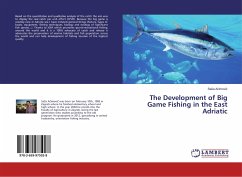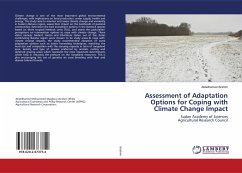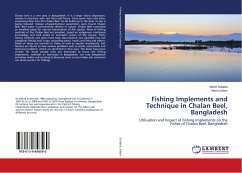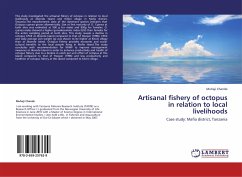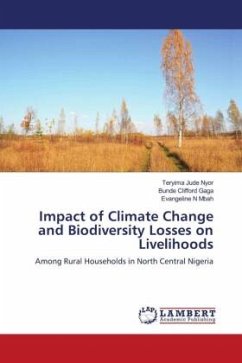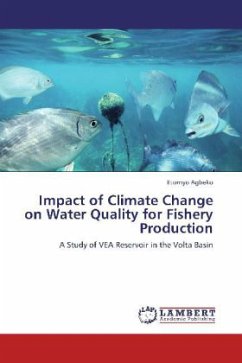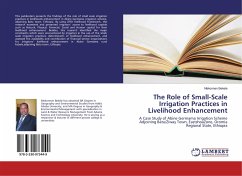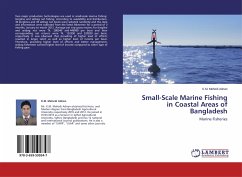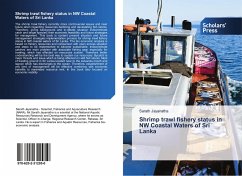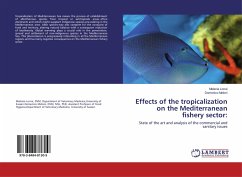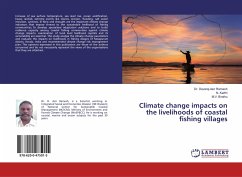
Climate change impacts on the livelihoods of coastal fishing villages
Versandkostenfrei!
Versandfertig in 6-10 Tagen
27,99 €
inkl. MwSt.

PAYBACK Punkte
14 °P sammeln!
Increase of sea surface temperature, sea level rise, ocean acidification, heavy rainfall, extreme events like storms, erosion, flooding, salt water intrusion, cyclones, El Nino and drought are the important climate change indicators that impose threats to the sustainable livelihood of fishing communities. To develop specialised adaptation solutions and to build resilience capacity among coastal fishing communities against climate change impacts, examination of local level livelihood capitals and its vulnerability are essential. This study analyse the climate change parameters and evaluate the ...
Increase of sea surface temperature, sea level rise, ocean acidification, heavy rainfall, extreme events like storms, erosion, flooding, salt water intrusion, cyclones, El Nino and drought are the important climate change indicators that impose threats to the sustainable livelihood of fishing communities. To develop specialised adaptation solutions and to build resilience capacity among coastal fishing communities against climate change impacts, examination of local level livelihood capitals and its vulnerability are essential. This study analyse the climate change parameters and evaluate the impacts on livelihoods in fishing villages of Malapuram district, Kerala, India and recommended climate change risk management plan. The opinions expressed in this publication are those of the authors concerned and do not necessarily represent the views of the organisations that they are attached.



